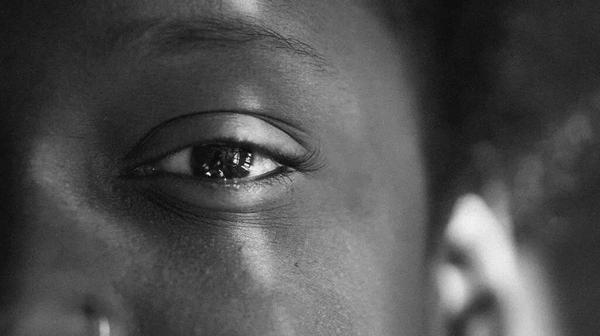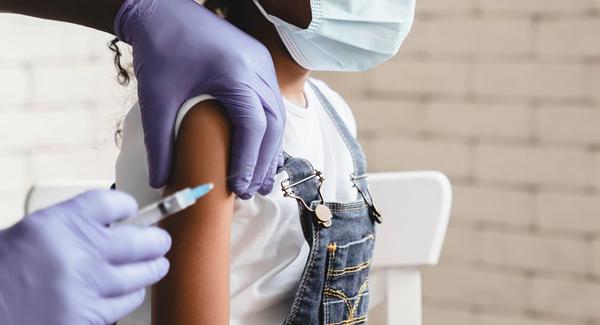
AIDs and blindness
AIDS, or stage 3 HIV, does not directly cause blindness. However, it leaves the body vulnerable to conditions that can affect vision and sometimes lead to vision loss. AIDS is a chronic condition that occurs due to HIV. This condition weakens the immune system, making the body more susceptible to infections and diseases. Among the various health complications of AIDS, eye problems are significant concerns that can lead to vision impairment or blindness.























